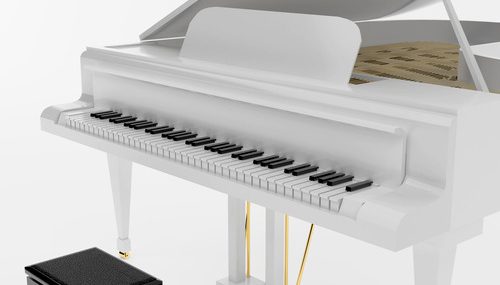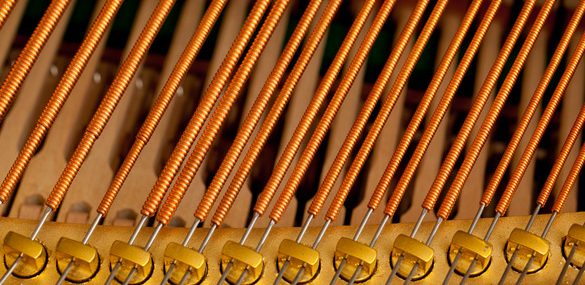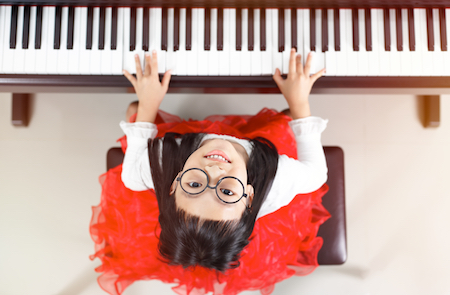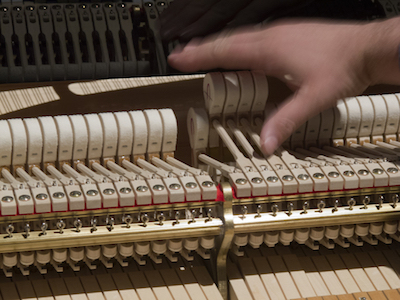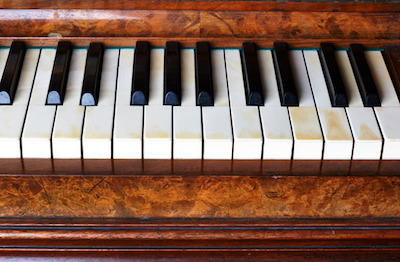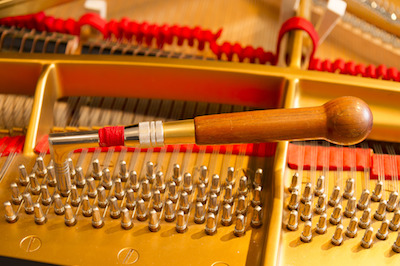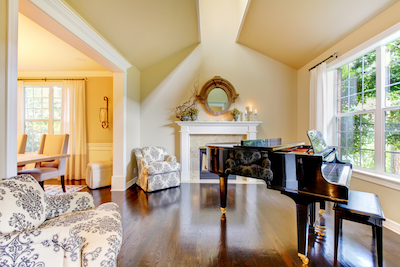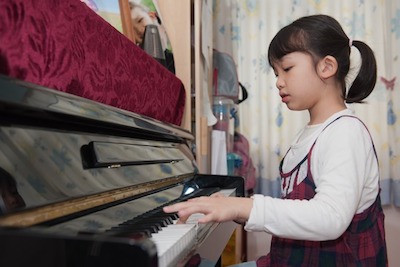Playing the piano today means striking a balance between old technology and digital helpers. Even if you prefer an acoustic piano passed down from your parents or grandparents, you can’t deny using apps to make the playing and learning process a little easier.
For many piano players, using a metronome is a part of regular practice. It can be an essential process for learning new music. But how do you know what’s the best metronome app to purchase? You don’t know how good it is until after you make the purchase and download it to your digital device. Check out these metronome apps, available on both IoS and Android.
Metronome Plus is a musician’s toolkit available to IoS users. It offers free solutions with more detailed tools available through in-app purchases. The metronome mode is sleek and simple, with customization available to suit your needs. You’ll also find things like a recorder to record and share your practice session, auto loop functions to adjust the tempo over time, and a setlist to record your favorite settings.
MetroTimer is available for both IoS and Android devices. It offers a timer feature below the metronome that helps you pace your practice sessions. While the free version is basic, upgrade and you can access things like custom time signatures, accents and subdivisions, interactive beat editor, and a preset list.
Metronome by Gismart offers a basic free version with upgrades that give you a more intuitive interface. This app offers digital and classic experiences, letting you control the interface. You can also practice your rhythm and timing using a Bird Beat game that helps with memorization and rhythm patterns.
Pulse is a simple, straightforward app that has a sleek design. All of the options you’ll need – subdivisions, time signatures, etc – are available in the settings menu, and it’s one of the few that memorizes your current settings and uses them the next time it’s opened.
Tempo is an iOS app available in both free and paid format. The free version is simple with all the basics you’ll need to get started – 8 time signatures, 6 rhythm patterns, 2 color themes, and an Italian tempo marking option. For even more, upgrade from Tempo Light to the full app.
Do you use a metronome app not mentioned here?

